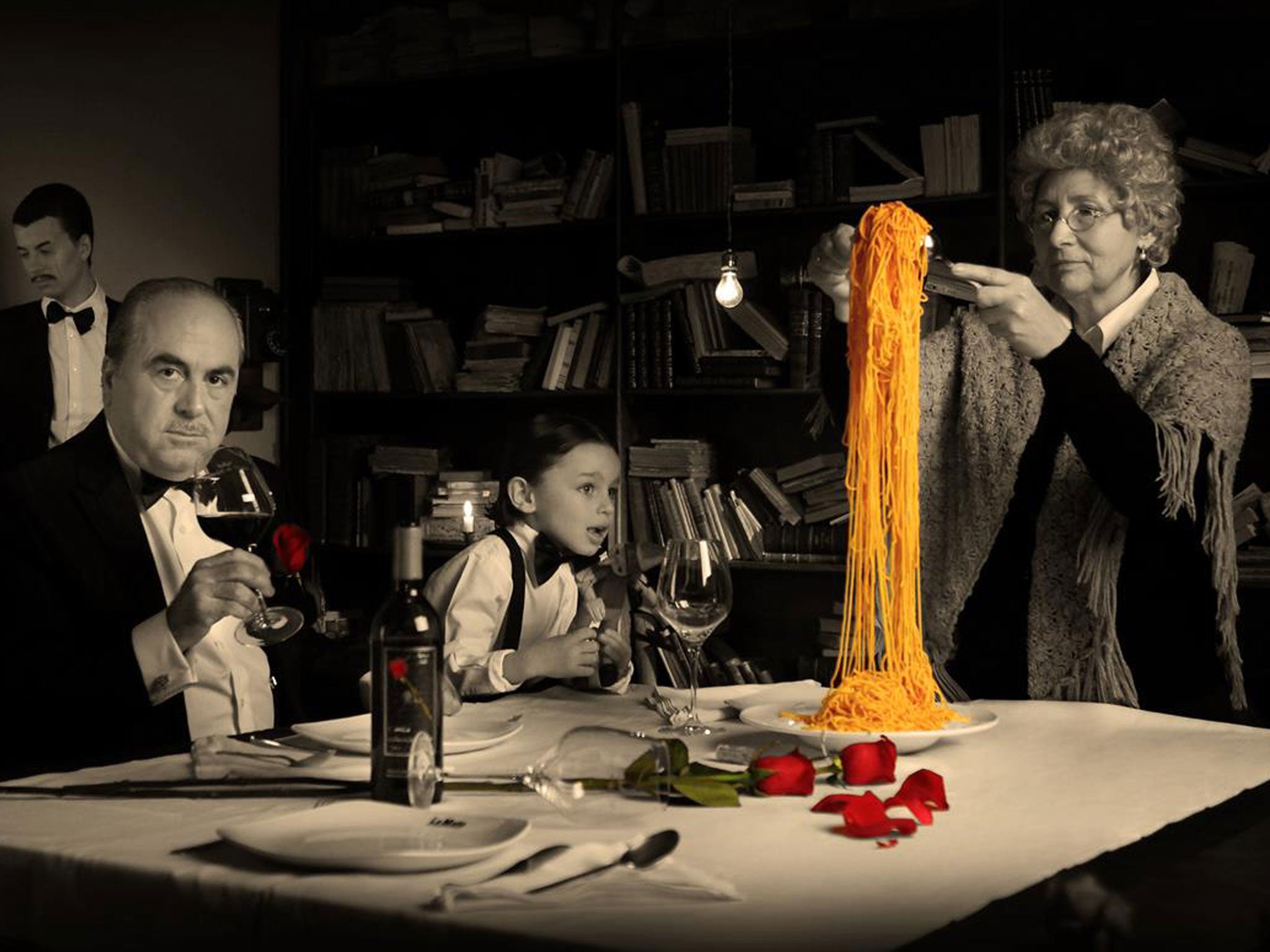Leave the gun, take the cannoli... Spain's 'La Mafia' restaurant chain mobbed by diners despite complaints from Italy
A popular group of Mafia-themed eateries in Spain has led to protests from its Italian neighbours

Your support helps us to tell the story
From reproductive rights to climate change to Big Tech, The Independent is on the ground when the story is developing. Whether it's investigating the financials of Elon Musk's pro-Trump PAC or producing our latest documentary, 'The A Word', which shines a light on the American women fighting for reproductive rights, we know how important it is to parse out the facts from the messaging.
At such a critical moment in US history, we need reporters on the ground. Your donation allows us to keep sending journalists to speak to both sides of the story.
The Independent is trusted by Americans across the entire political spectrum. And unlike many other quality news outlets, we choose not to lock Americans out of our reporting and analysis with paywalls. We believe quality journalism should be available to everyone, paid for by those who can afford it.
Your support makes all the difference.Italy is not impressed with the latest craze in Spanish dining – a rapidly expanding group of restaurants called La Mafia. The chain has already opened 34 Mob-themed eateries across the Iberian Peninsula. And it appears Spaniards can’t get enough of chowing down on pasta surrounded by references to Cosa Nostra. The owners plan to open another 15 restaurants and one in Portugal by the end of the year.
All have the words “La Mafia” emblazoned everywhere you look. Clients are surrounded with names and images of the Sicilian Mafia’s most notorious killers.
“Can you imagine what would happen in Spain, if Italy opened a pair of restaurants dedicated to terrorists from ETA,” La Repubblica’s veteran Mafia writer, Attilio Bolzoni, said. “Or what would happen in Germany if in Rome or Milan they opened three breweries with sausage and sauerkraut in honour of the Red Army Faction?”
Marco Anzaldi, the Italian Democratic Party MP, has called on the president of the parliamentary Anti-Mafia Commission to lodge an official protest. He said: “Perhaps we ought to start distributing leaflets outside these Spanish establishments to the families that go in, which show that child victim of the Mafia who was strangled and dissolved in acid. The Mafia isn’t what you see in the Coppola film, the Mafia is an aberration and we can’t allow it to become Italy’s global brand.”
It’s not clear whether patrons are simply there for the budget-priced meals and if they’re impervious to the images and references to Vito Corleone, Al Capone and the Valentine’s Day Massacre. Perhaps the locals appreciate them. Regular customers can even apply for a Mafia Fidelity Club card.
It’s not the first time eateries outside Italy have cashed in on the Mafia’s infamy. Last summer an Austrian café’s decision to name its sandwiches after Mafia murder victims, including judges killed in bomb attacks, sparked a diplomatic incident between Vienna and Rome. Patrons of “Don Panino” were able to choose, among things a “ Giovanni Falcone” sandwich – named after the celebrated magistrate who was assassinated by the Cosa Nostra in 1992.
But the Spanish business has ramped up the Mob-marketing theme to a whole new level. “The Mafia creates work,” is one of the company’s slogans. And this is true: in a country crushed by the recession, there are 400 full-time staff working for the Mafia. Unfortunately there are many more Spaniards working for the unsavoury criminals.
Mr Bolzoni notes that in every Spanish region there are criminal clans working with or for Italy’s big Mafia groups, including ‘ Ndrangheta and the Camorra, such as the Piromalli clan in Barcelona and the Sergi group in Madrid.
The press office of La Mafia was not prepared to comment when called by The Independent. But the spokesman Pablo Martinez earlier told La Repubblica: “We’ve never, never, never apologised for terrorism or for violence.” He added the imagery was also about “ roses, love and smiles”. Though he conceded that might be “ difficult to explain to Italians”.
Join our commenting forum
Join thought-provoking conversations, follow other Independent readers and see their replies
Comments